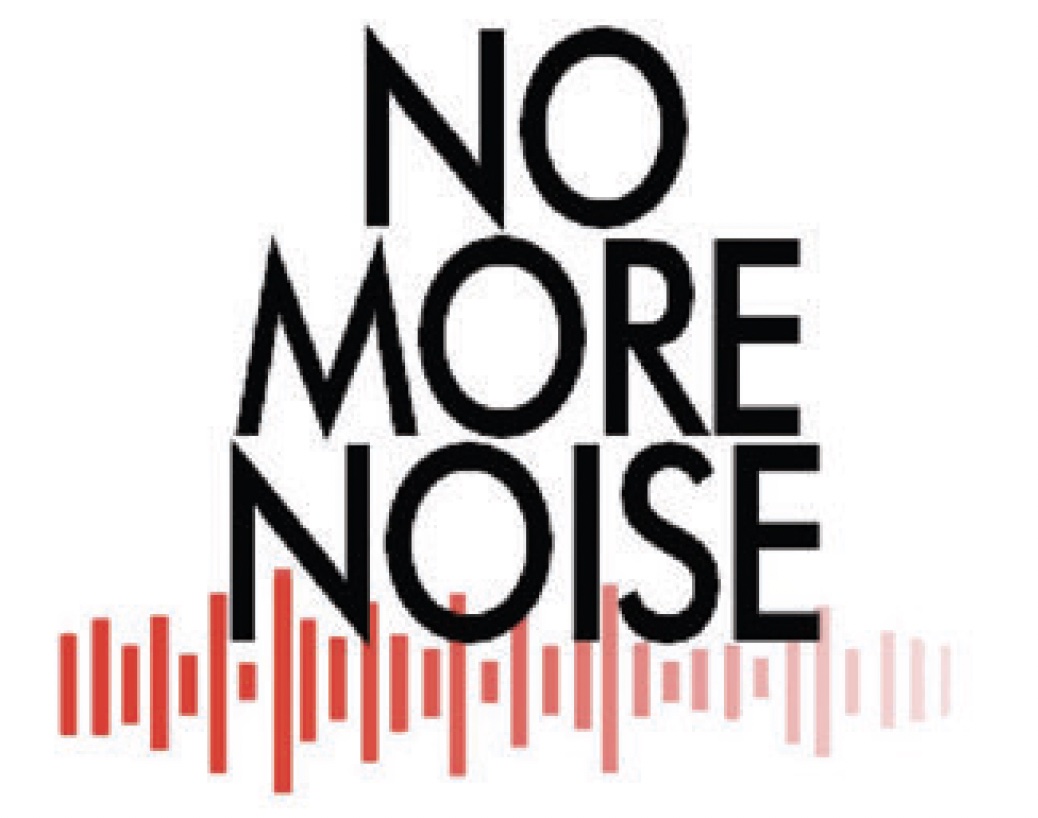
Noise is much more than a mere nuisance.
Noise is a public health issue.
Excessive noise has significant impacts on our health. A growing body of evidence indicates that exposure to loud environmental noise not only impacts quality of life but also impacts our cardiovascular systems, our cognition, the quality of our restorative sleep and our mental health.
We have no defense from sound. Our ears can’t stop listening. Our minds and bodies can’t stop reacting. This leads to physical, cognitive, and metal health impacts.
Physical Health Impacts
Noise impacts us physically, far beyond the damage it causes to our hearing abilities.
Repeated exposures to noise pollution can cause serious health issues. A research project done in Toronto published in 2020 by the Journal of American Health Association concluded that
long‐term exposure to road traffic noise was associated with an increased incidence of diabetes mellitus and hypertension in Toronto. Hypertension leads to cardiovascular disease and fuels stroke.
Noise is also known to negatively affect hormone levels leading to an exaggerated stress response, which contributes to a number of health problems.
Cognitive Impacts
Cognitive health refers to the brain’s ability to function in areas like thinking, learning, and memory. Noise around 95 decibels, which is about as loud as a lawnmower, can seriously lower people’s ability to focus and think clearly.
Research shows that low, steady noise can interfere with important brain tasks like solving problems, doing math, or working with data.
Loud or constant noise can trigger stress in the body. When we’re stressed, our brain sends signals that cause the release of the hormone cortisol, which can affect how we think and feel.
For children, noisy environments—especially in schools— can make it harder to learn . For example, background talking can hurt their memory, and other types of noise can impact reading and overall school performance.
Mental Health Impacts
Research has established that negative emotional impacts can start to occur at 55 dBA, so even if we are not consciously annoyed, or awakened, our sympathetic nervous system still responds. This system is responsible for the body’s “fight-or-flight” response, preparing it for action in stressful or dangerous situations. This is when our heart rate and breathing increases, more blood flows to muscles and our arteries constrict.
Everyday sounds like traffic, loud neighbors, or construction can create stress and make us feel irritated, leading to deeper emotional struggles over time. This is because our brains don’t just hear sound—they respond to it emotionally, especially in areas of the brain linked to fear and stress, like the amygdala .
Noise can make people more likely to experience anxiety, depression, and even suicidal thoughts. It can also affect how children and teens behave and feel. Research shows that noise can actually change how the brain works by causing stress, disturbing our sleep, and throwing off the way our bodies handle daily rhythms. All of this combined can make our mental health worse over time.
Noise impacts our health in many ways, not just hearing loss. Click the link below to learn how noise impacts you.

